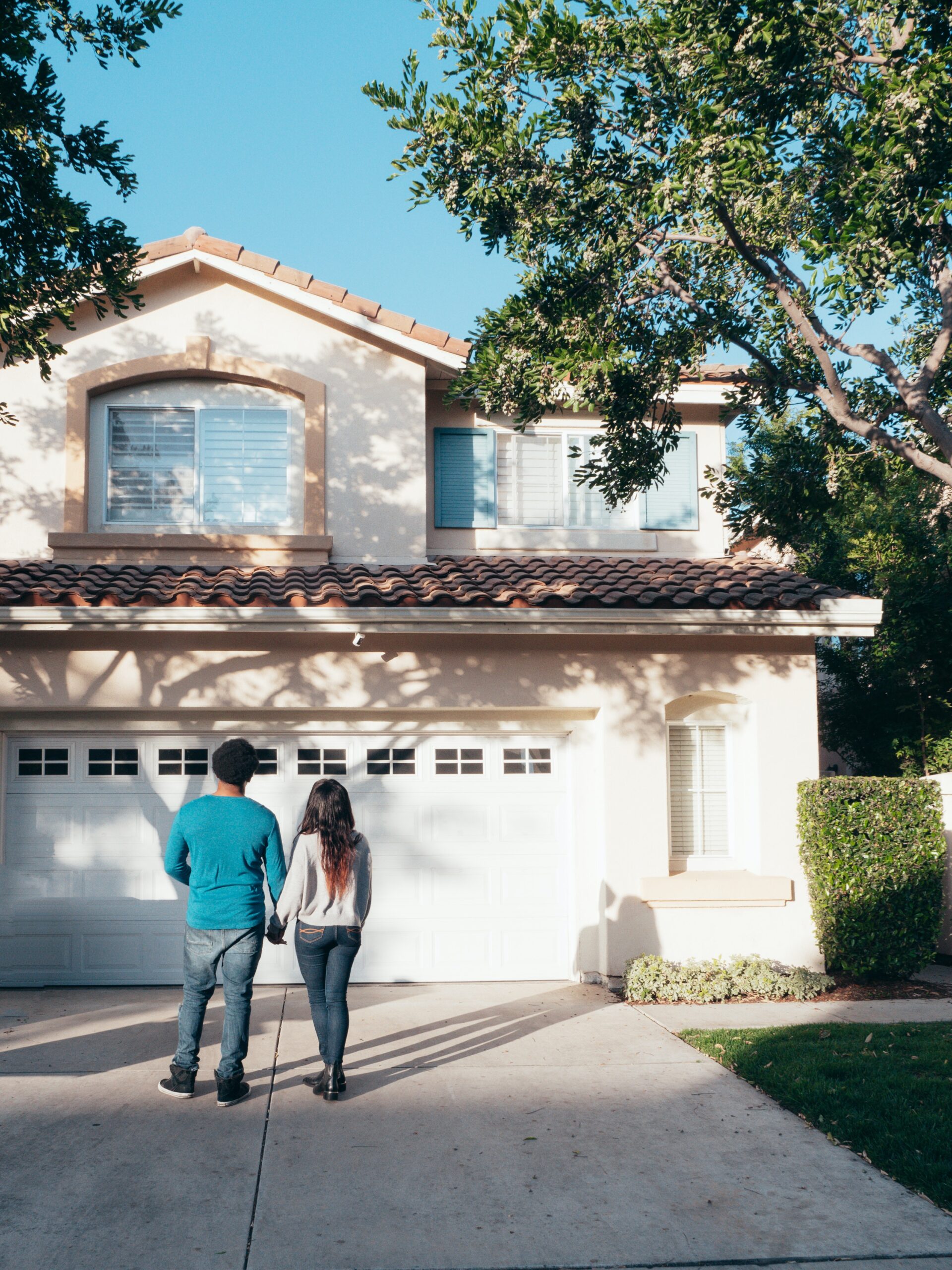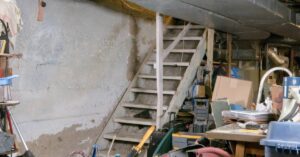
Buying a home is exciting and fun. Dreaming about the life you’ll live in a home can make you eager to put in an offer. But there’s a reason you should take your time and look around carefully. Homes for sale are always putting their “best foot forward.” It’s up to you to take note of things. When you go to open houses with your real estate agent, this is the perfect time to observe and take note of problems, questions, and concerns.
Exterior of the Home
Before you even go inside the open house, take some time to walk around the exterior of the home. Check the roof for missing or damaged shingles, for trees that are close and could possibly cause damage, and the gutters and flashing around any chimneys. Look at the siding, windows, decking and other exterior features for signs of trouble. A sagging deck or chipped or cracked concrete patio may indicate repairs or replacements that will need to be done soon.
Foundation Stability
If the foundation is failing, the home may end up costing you far more than the purchase price. Look for signs of foundation trouble like large gaps or cracks, doors or windows that aren’t square to their frames, or multiple cracks near the ceiling throughout the house. Ask your real estate agent, like those from Myrtle Beach Premier Properties, if there’s a foundation report available and if any repairs have been done to the foundation. This is also a good time to find out if the home is in a flood zone.
Interior of the Home
Inside the home, you want to look for signs of mold growth. Keep in mind that mold can continue to grow after being painted over, so look for faint dark spots or shadows in corners or on the ceiling over the shower or tub. Do a smell test as you go through the home too. This can let you smell some molds, but also pet damage, cigarette smoke, or the musty scent of water damage (which can also indicate potential mold).
Look for signs of amateur repairs or repairs that have been put off, such as a running toilet or dripping faucet. Both of these things can make your home purchase more costly as you need to pay to make or fix these repairs. If the home has a basement with exposed pipes or wiring, check these for signs of damage.
The Neighborhood
A neighborhood full of tidy, well-tended yards has better property values than one with lots of broken-down cars and overgrown yards. You’ll also want to pay attention to the neighbors on each side of the home as you’ll be sharing a property line (and possibly a fence) with them. Take a look at the property’s privacy too. If it’s not as private as you’d like, consider the options (and expense) for making it more private, such as building a privacy fence or growing trees or shrubs.
Your real estate agent can also help you find out more information about the neighborhood, such as the schools, shopping, dining, and entertainment.
An open house is a chance to take a closer look at a home you’re interested in without feeling pressured to make an offer. It’s a chance to critically evaluate the home and any potential problems so you can decide if you’re as interested as you thought you were. Don’t forget to let your real estate agent guide you as well. They can help you make a clear choice with eyes wide open so you can be happy in your new home for years to come.


